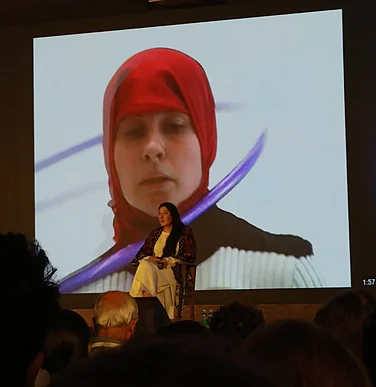Weeks after the Supreme Court's intervention in the matter, the Uttarakhand government has passed a bill to safeguard 30 percent horizontal reservations in state government services for women across the state.
The Uttarakhand Public Services (Horizontal Reservation for Women) Bill, 2022, which is currently awaiting the approval from the state Governonr, was passed on November 30, just weeks after the apex court dismissed a stay by the Uttarakhand High Court stay on a 2006 order of the government that had sought to provide the reservation.
The domicile-based job reservation bill states that "In direct recruitment in public services and posts, in the vacancies to be recruited, 20 percent horizontal reservation shall be given till July 24, 2006 and 30 percent after that in favour of concerned women candidates permanently domiciled in Uttarakhand."
What does the bill say and why was it passed?
The bill is aimed at providing employment to women across the state who miss out on job recruitments and other opportunities due to the difficult terrain in several parts of the of the hill state. Women living in high-altitude or remote areas with negligible motor connectivity or employment opportunities find it harder to secure gainful employment in Uttarakhand, making their standard of living lower than other women living across more prosperous regions of the state. The Bill has been introduced with a view to provide employment in such areas.
Another reason to provide the recruitment reservation was to increase women's representation in local administration and governance. Accoridng to the Uttarkhand government, the bill ensure "social justice, equality of opportunity, improvement in standard of living" among other guarantees for women.
What were the arguments against the bill?
In 2006, the Congress government in Uttarakhand led by Chief Minister Narayan Datt Tiwari, issued a government order providing horizontal reservations for women with domicile certificates across the state. The reservations applied to women appearing for Uttarakhand Combined Service and Senior Service of the State Public Service Commission examinations. The reservation applied to all women with domicile certificates, irrespective of caste, creed, economic status or place of birth.
In 2022, a petition led by 16 women from Haryana and Uttar Pradesh inluding Pavitra Chauhan, Ananya Attri and others challenged the 2006 order, claiming that reservations in public service recruitmnets on the basis of domicile was discriminatory. The petitioners were women from outside Uttarakhand who not part of any reserved category and had appeared for the civil services examinations in the state. The women claimed that they were denied permission to appear for the final paper despite scoring more marks than the cut-off for students with domicile certificates.
Responding to the petition, the Uttarakhand High Court stayed the 2006 order. It further observed that quota should be construed as a horizontal reservation for women irrespective of their domicile or place of residence.
The present BJP government under Chief Minister Pushkar Singh Dhami has, however, doubled down on the 2006 order. Following the Uttrakhand HC order, the Dhami government approached the top court for a stay.
What is horizontal reservations?
The horizontal reservation or quota system is always applied separately to each vertical category, and not across the board, as opposed to horizontal reservation which applies separately for each of the groups specified under the law.
Vertical reservation refers to Reservation for certain sections or verticals such as Scheduled Castes, Scheduled Tribes, and Other Backward Classes. Article 16(4) of the Constitution is sn example of how vertical reservation has been contemplated in India.
In case of horizontal resrvations, the quota applies across the board. For instance, If women have 30 percent horizontal quota, then 30 percent of selected candidates will have to necessarily be women in each vertical quota category i.e., 30 percent of all selected Scheduled Caste candidates will have to be women, 30 percent of the unreserved or general category will have to be women, and so on.
The Supreme Court in 2020 had clarified the position of the law on the interplay of vertical and horizontal reservations. In the Saurav Shukla vs State of Uttar Pradesh case regarding the selectio process of filling constable posts in the state, a two-judge SC bench had held that a person intersection of vertical-horizontal reserved category qualified for a particular post vithout vertical reservation in case the person secured adequate marks to qualify without the reservation. Such a person cannot be excluded from applying/qualifying through horizontal quota in the general category.


























